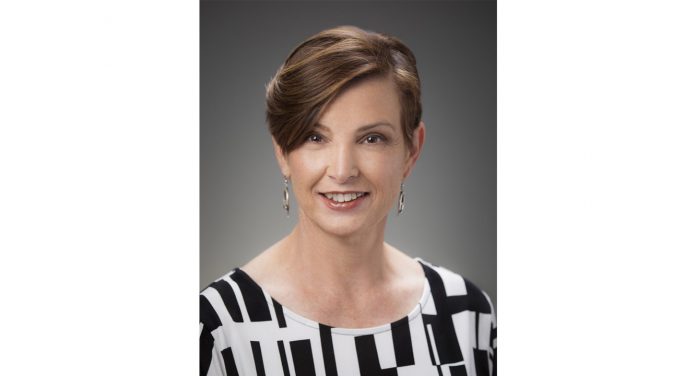By Melissa Martin
Individuals across the globe have died from COVID-19. Whether we knew them personally or not—we may cry, feel sadness, experience loss, and find ourselves mourning. Why? Because we are reminded of our own experiences with loved ones who have died. These past painful emotions can resurface during tragedies. Feelings of hopelessness and helplessness can temporarily return. Experiencing a range of emotions comes with being a human being. And grief is a mixture of swirling and twirling feelings.
Fear often tags along with grief. We fear the people we love most will die. We fear we will die. Our survival alarm for safety blasts throughout the mind and body. Being concerned and cautious is mentally healthy. Being afraid is part of the human hardware and it motivates us to use social distancing, wash our hands, and wear masks. However, when fear jumps on a zooming emotional rollercoaster, it can turn into panic and terror. The logical brain goes offline and the emotional brain spins out of control. And fear of the unknown can spark reactions and overreactions.
Feeling detached while others die is a defense mechanism the mind uses when pain is overwhelming. Escaping into elements (i.e., alcohol, drugs, food) is an unhealthy coping tool. Fear feeds fear. And many individuals in my office have shared they are afraid of death because they are unsure of the afterlife. A universal truth says that pain and suffering are part of the human condition. But while you’re in the trenches, philosophy takes a backseat. Reflection comes after the calamity ends.
The coronavirus pandemic had touched planet earth residents from north to south and from east to west. Grieving for humans you do not know is natural. We are more alike than different. And humans are relational creatures. We want to love and be loved. We want to belong. We want to share our grief with others.
Families want to gather around hospital beds when loved ones are dying. And many were denied access to victims of coronavirus without choice according to several newspaper stories. Did well-meaning decision-makers in power make the wrong decision? Why couldn’t at least one person suit up in full protective gear and stay until death visited? How can any political or medical institution in a democratic country prevent a priest, rabbi, minister or pastor from being at the bedside of the dying? A pandemic does not strip these liberties—people in power do.
“A brutal hallmark of the pandemic is the way it isolates its victims even in their final moments. Patients die alone in hospital rooms, cut off from their spouses, children, siblings and often their pastors or rabbis. The emotional end-of-life moments, if they happen at all, unfold over an electronic tablet or phone, with a stranger serving as an intermediary,” according to a recent article in The Wall Street Journal.
However, a recent article in USA Today reported, “There is no sweeping regulation that prohibits visitors, but many hospitals implemented a no-visitor policy,” in reference to dying patients from COVID-19. “Limits on visitors have taken an emotional toll on health care workers as well as the families of patients who have died alone. These deaths in isolation prompted health care workers and officials to question when patients can have visitors or whether it should be allowed at all.”
Some hospitals are buying iPads to give to patients for virtual visits. Some nurses are using FaceTime to allow families in parking lots to say final good-byes to a parent or relative right before death.
“One of Israel’s largest hospitals has begun to allow close family members to be at the bedside of dying coronavirus patients and is hoping others around the world will begin to follow suit,” according to a recent article in The Algemeiner.
If one hospital is making the ethical and moral decision to allow close family to be with their dying loved ones, why not hospitals in other countries? No doubt, after the pandemic has ended and truth abounds, hospitals will change policy for any future virus crises. No need to blame doctors, nurses, or medical staff—the blame goes to the armchair warriors that make decisions from fancy administrative offices.
Nonetheless, the season for grieving has arrived on planet Earth.
Melissa Martin, Ph.D. is an author, columnist, educator, and therapist. She lives in U.S.




















